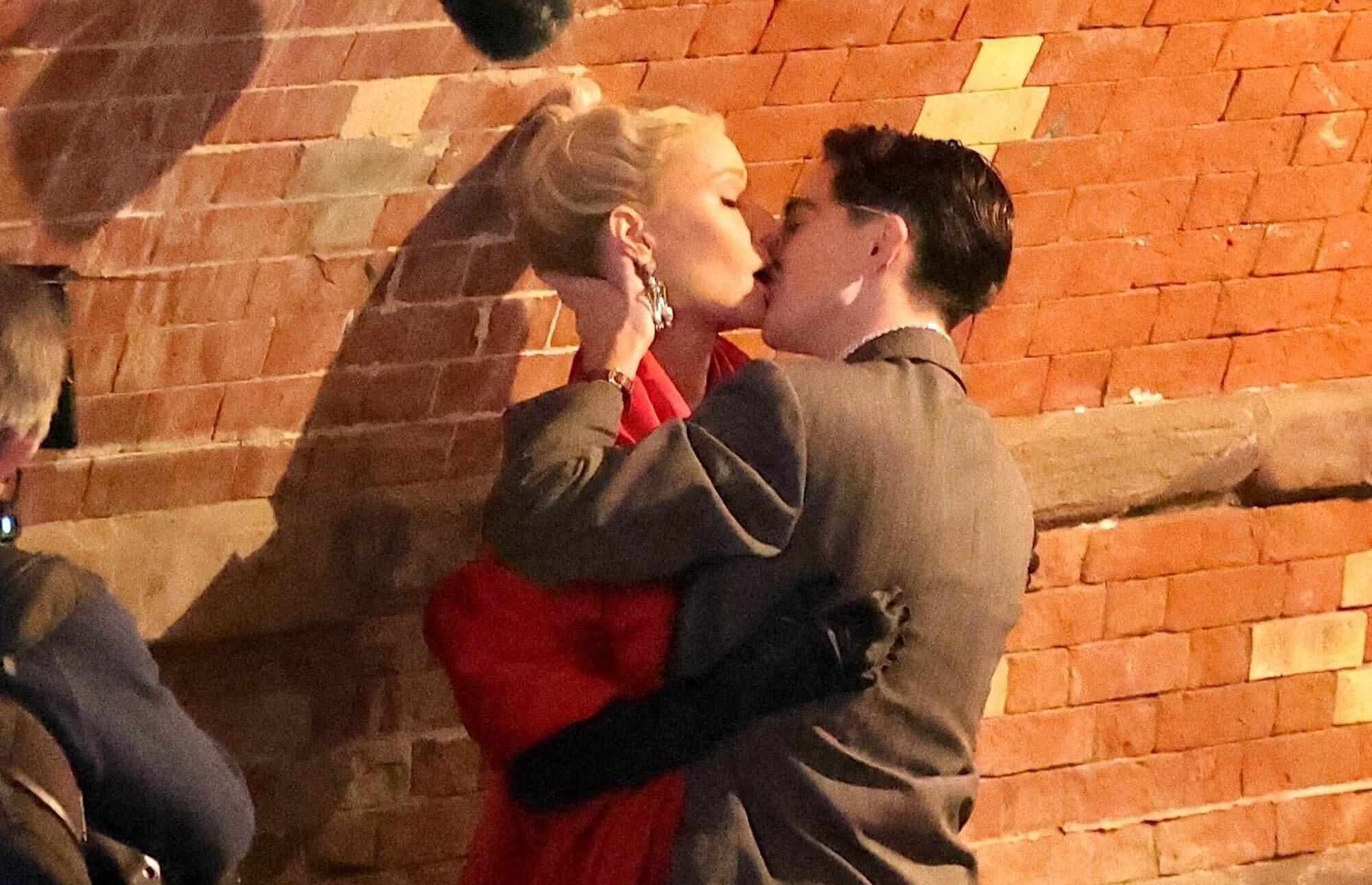Intro for October 18, 2024



Dear Gossips,
Once again I wanted to make dumb jokes about something stupid—specifically, the Hallmark cruise, which is a compendium of personal nightmares, from cruises to hyper-formulaic films—but once again, we have to talk about f-cking TikTok!
This time it’s The Wrap publishing a feature titled “Who Needs Critics When You Have Influencers”, which despite the somewhat baiting headline is a pretty well rounded of summation of where we are in re: substantive film criticism versus the rise of influencer-driven marketing on social media.
As I’ve said before, I have no issue with influencers stepping in to fill the role that, increasingly, linear television can’t provide for film marketing. Traditional television audiences are shrinking, younger people, especially, are spending more time on social media, so go where the (potential) audience is, meet them where they are. My issue is more with the increasing hostility to traditional criticism, and the timing of The Wrap’s article is interesting, on the heels of two high-profile box office bombs over the last couple of months.
This trend was in effect BEFORE Joker: Folie à Deux and Megalopolis bombed, but the specific mention of how the bad reviews from the Venice Film Festival affected Folie à Deux is actually borne out by how the box office projections trended downward in the month between the film’s Venice premiere and its commercial release. Generally, I don’t think criticism, good or bad, affects a film’s box office, but in this case, it does look like a month of bad buzz led to a depressed audience for the film. Specifically, I think the issue is that people were on the fence about Folie à Deux, perhaps because it didn’t really feel like Joker needed a sequel and/or it being a musical turned off Joker bros, and the poor word of mouth, led by critics out of Venice, only served as confirmation bias for people already looking for a reason to skip it.
The other side of the coin, though, are poorly reviewed movies that do very well commercially despite critical drubbings, such as Venom, which got bad reviews but was very well received by audiences. When studios have a movie that succeeds despite bad reviews, it’s all “audiences won’t be deterred”. You can’t have it both ways, though, either proper criticism does or does not affect box office, and in my view, doing this for nigh on fifteen years, I just don’t think it does. We assumed Folie à Deux would do well because Joker was a huge hit, but looking back, there was not a fervent fan response to the early marketing for Folie à Deux as there was with Joker. The fans were cold from the start (and hindsight is 20/20).
I suspect this “influencer vs critic” narrative will only get worse from here, and there will be more forced incursions between the two groups as studios try to leverage influencers to hedge their bets against bad reviews. Of course, when you publish a positive review, the same studio publicists hiring influencers will ask to use quotes from your review for advertising without a hint of irony. “We only like critics when they say nice things about us” isn’t new in the film industry, but social media has given studios a way to create a stream of positivity, and they will continue trying to game the algorithms so that even objectively awful movies can have big opening weekends.
But ultimately, films that are not good simply will not draw an audience. Even if you can put it off and bank your big opening weekend box office, eventually, audiences will see that movie, and perhaps reject it. At least until studios figure out how to replace human audiences. That’s probably what AI is really for. Make AI movies for AI audiences, then everything can be a hit, no one ever gets bad reviews, and we can all f-ck off to a Hallmark cruise. Hit me with an endless supply of white wine with ice cubes, Susan, and tell me about the one where the secret prince meets the would-be journalist from the big city who actually longs to bake cookies in the Adirondacks. I heard it’s rated 1000% on TomatoTok.
Live long and gossip,
Sarah
